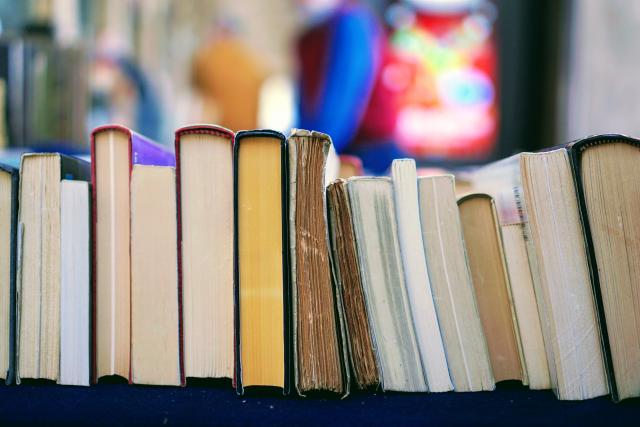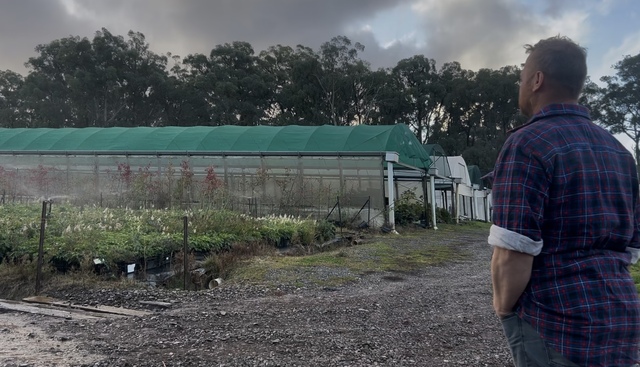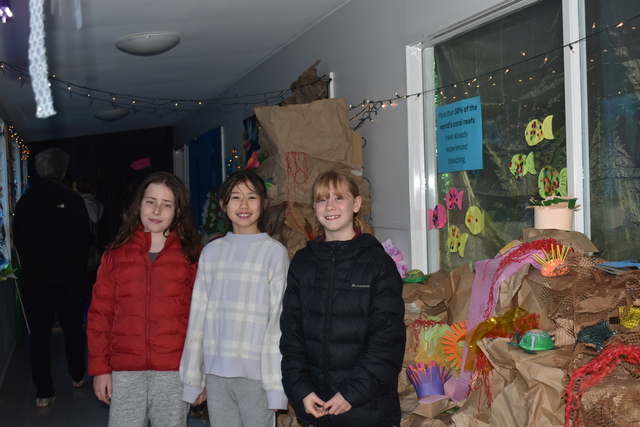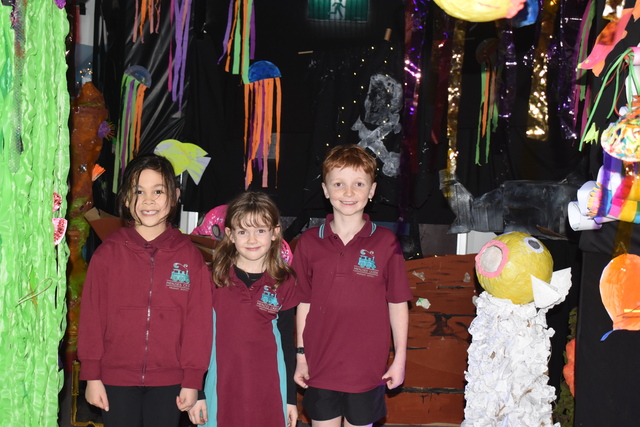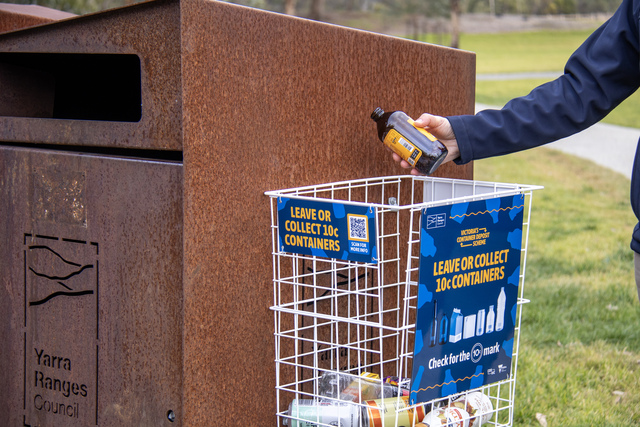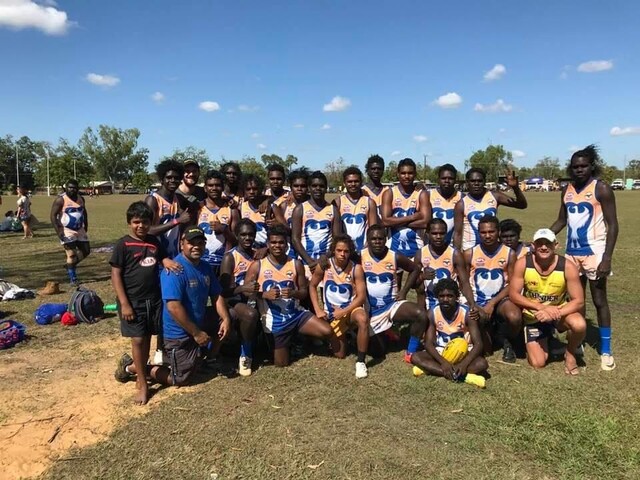A review of The Gaps by Leanne Hall
Melbourne author Leanne Hall’s The Gaps is the winner of Adelaide Festival Young Adult Fiction Award as well as NSW Premier’s Literary Awards – Ethel Turner Prize for Young People’s Literature in 2022.
The book asks the important but rarely asked question: “What does it mean to be the ones left behind?” It refers to those families and friends who have lost their loved ones to the crime of violence against women.
The story begins with the abduction of 16-year-old Yin from her home. The news reverberates through the whole Year Ten class at Balmoral Ladies College, who soon realise that, as time goes by, the chance of Yin being found alive becomes increasingly remote.
In the span of 80 days, we delve into the hearts and minds of those young women experiencing shock, anger, suspicion, doubt, fear, sorrow, and terror. They are supposed to be living full and interesting lives, preparing for parties and exams, laughing out loud.
Instead: “There are probably hundreds or thousands or tens of thousands of men out there who hate girls and want to hurt them and the world keeps going around and nothing changes. And what can we do? Make a photo, chase a suspect, read the news.”
Worse, until Yin’s fate finally becomes clear – one way or the other – everyone is forced to live in limbo, in-between hope and despair. Each responds to such haunting uncertainness in her own unique way, allowing us to witness the dark reality of the often tumultuous transition from girlhood to womanhood in today’s world.
Hall’s writing is beautiful and compelling, exploring the inner worlds of multiple characters at once and at ease. The story is told from the perspectives of two students – Chloe, an Asian Australian scholarship holder, and Natalie, the queen of Year Ten.
As the two form an uneasy alliance in a desperate attempt to convey what Yin’s abduction means to them, we see the subtle themes at play, handled so confidently through the pages – power, privilege, race, art, identity, coming of age, family, and, of course, friendship.
A particular focus is on art, how it can challenge and change, offend and defend, inform and inspire, comfort and heal. The story also critiques the treatment of young women by mass media, including but not limited to popular fiction and TV shows. In Chloe’s words:
“A surprising amount of [crime novels] have dead girls or about-to-be-dead girls on the front cover. The blurbs speak of unhappy wives who drink so much they can’t tell if they’ve seen a murder or not, women whose pasts have come back to haunt them, and promising young girls who’ll never get to realise their dreams. The titles tell us how lost, how alone, how trapped all these lovely girls and women are.”
Ultimately, Chloe’s art is for Yin and other girls like he, and “for all of us for having to live in this shitty world where people don’t value our lives”. Alarming words.

